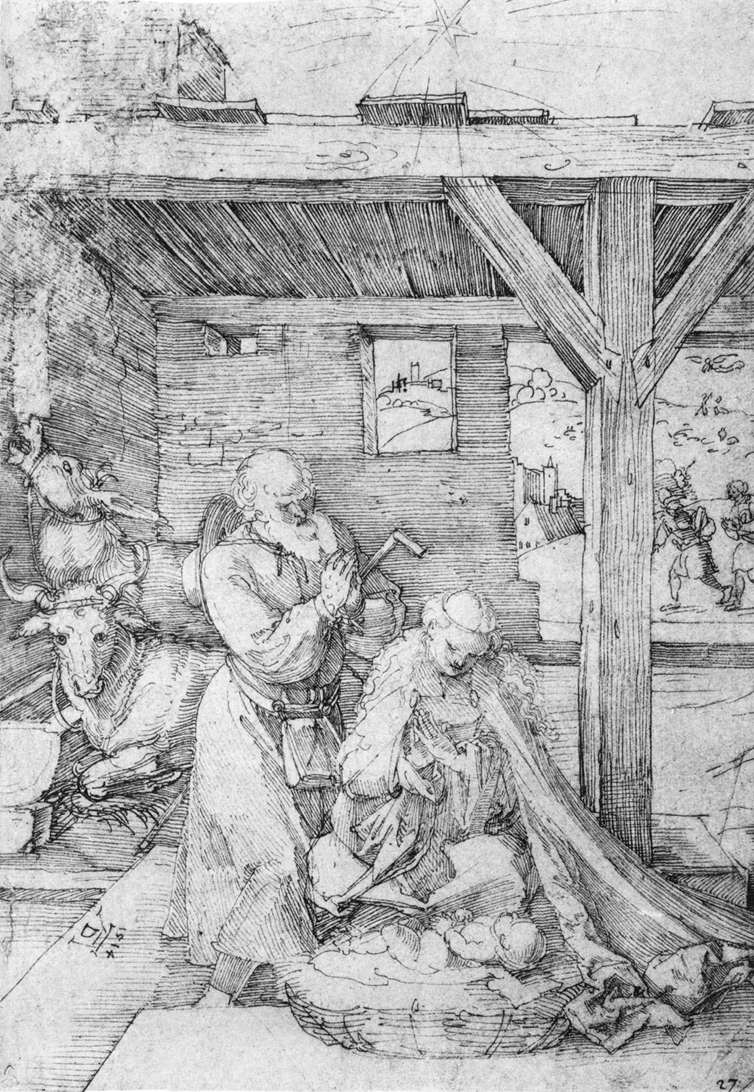
Thinking about history, philosophy, and theology.
I have enough thoughts for a lecture (if anybody wanted a lecture), but I’ll lay some of them out very briefly here.
The Church adjusts to the world. It isn’t determined by the world – or shouldn’t be – but we have to relate to people as they live, and we have to live in the world as it is. So we adjust our message to the tenor of the times. We have to. It’s not necessarily bad.
But it can be bad when it goes off the rails.
The modern world, I think, began with Isaac Newton. Newton occupied the role of prophet in European civilization, sparking what we call the Enlightenment. “God said let Newton be, and all was light,” as Alexander Pope wrote. The Enlightenment achieved the level of religion – and that religion was Deism, where God was sublimated into a cosmic Watchmaker. Intellectuals believed they now understood the laws of Nature, and soon all questions would be answered.
The Church followed the Enlightenment to an extent. Great emphasis was now placed on correct doctrine. Cold reason was elevated, in some quarters, to a theological virtue.
But the Enlightenment didn’t last long.
In practice, it was inadequate to actual human life. Enlightenment thought was like trying to feed people with vitamin pills only. Technically all the necessary nutrients might be there, but people need more than that. They need flavor and texture and scent. They need the whole human experience. The Enlightenment didn’t feed the soul.
So the Enlightenment was replaced. It was replaced by two movements (you could call it one of them a sub-movement, but I like the sub-movement too much to subordinate it).
The secular reaction was Romanticism. Romanticism reacted against cold formalism and logical reductionism. Romanticism centered on passion. Life was to be lived with intensity. Love and freedom were what made life worthwhile.
But there was a theological corollary to Romanticism (some, as I mentioned, would probably call it a sub-movement). This was Pietism (the forerunner of contemporary Evangelicalism). To the rationality of Enlightenment Christianity, the Pietists replied, “That’s not enough! Jesus’ greatest commandment was not to understand God, but to love Him!” They emphasized a personal experience with Christ and a life of growing sanctification, learning to love Him more.
Now an argument can be made that Pietism led directly to the Liberalism of today’s mainline churches. It’s argued among Lutherans, in some quarters, that Pietism’s emphasis on personal experience led people to set their subjective feelings at the center of their faith – which is what Christian postmodernism is all about.
And there’s probably a measure truth in that.
But I would relate it, once again, to the Church’s habit of imitating the world. Christian postmodernism (I maintain) is mostly the fault of secular postmodernism. The nihilism and despair that followed the World Wars led secular thinkers to existentialism and moral relativism. The mainline churches followed suit, rejecting all authority, including that of the Bible and orthodox doctrine. (Leaving both the Pietists and the orthodox out in the cold.)
It wasn’t the Pietists’ fault, in my view. But they did get sucked in.
The one unifying principle of all these theological fashions, it seems to me, is following the world. We have to adjust to the world, but we must not let it set our agenda.
“Do not be conformed to this world, but be transformed by the renewal of your mind, that by testing you may discern what is the will of God, what is good and acceptable and perfect.” (Romans 12;2, ESV)

